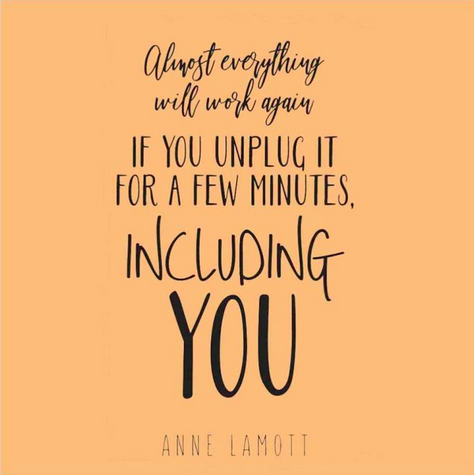Can listening to music really make significant (i.e. scientifically verifiable) changes in mood?
In short, yes it can.
There’s much anecdotal evidence for this. Some swear by Mozart for studying effectively, mood music clearly affects temperament in mindfulness meditation, for example. And we are probably all familiar with the adolescent ‘choosing to feel down’ choices of sad songs.
But where is the science on this?
In 2019 a randomised controlled study took two groups of participants in their research on adult ADHD. The first group listened to Mozart’s music (KV 448) for 10 min while the second group remained in a silent room for 10 min (silence group). The researchers assessed subjective arousal and mood in participant before and after the intervention and showed that music listening led to a decrease in negative mood (sadness and hopelessness) in the ADHD group as well as in healthy controls. (Zimmermann et al., 2019)
Listening to music before, during, or after surgery significantly decreased patients’ pain and anxiety and reduced their use of pain medications subsequent to surgery. (Mayor, 2015)
In looked into the effects of music on rats which had been heavily treated with simvastatin ( which is used to lower cholesterol for those diagnosed with high blood cholesterol. It’s also taken to prevent heart disease, including heart attacks and strokes). Rats exposed to music (Mozart’s piano sonata, KV361 in this case) 24 hours before a stress-induing maze exercise showed reduced anxiety levels compared to control groups (da Cruz et al., 2001). Of course, we can’t be certain that this transfers to human experience, but we can hypothesise that it probably would.
Another interesting study in 2020 considered the effects of music on pregnant women. Their research concluded that ‘Music combination between murotal and music kitaro has a significant effect on reducing anxiety of third trimester pregnant women.’ (Sumaningsih et al., 2020)
Another recent study specifically researching undergraduates’ responses to music listening found that music provided regulation in preparation for stressful events and that music listening increases mindfulness following a stressor. (Groarke et al., 2019)
This is a far from comprehensive review of the current literature, just 5 studies. There are hundreds. The renowned neurologist Dr. Michael Schneck has shown that classical music helps relieve anxiety. Other studies have found that it also increases blood flow by 26%, laughter by 16% and relaxation by 11%.
How does the science translate actions you can take to reduce anxiety and stress?
We know that connecting with other people who are going through the same things we are – think support groups – is a very effective way to get over any mental health challenge. Similarly, sad and melancholic music can achieve the same thing. Sad music validates our own emotions of sorrow, grief or loneliness and permits us to feel them more fully.
You can try simple experiments yourself, with your own choices of music, journalling your responses and finding your own very personal cocktail for well-being. Sitting and intentionally listening to music can be a powerful way of re-centering yourself and connecting to the present moment.
Why not build ten minutes of music into your daily routines and see what happens?
Here’s a free mindfulness track you could use: https://insighttimer.com/scottlangston/guided-meditations/everyday-life-listening-to-music
References
da Cruz, J. G. P., Dal Magro, D. D., de Lima, D. D., & da Cruz, J. N. (2001). The Power of Classic Music to Reduce Anxiety in Rats Treated with Simvastatin. Basic and Clinical Neuroscience, 2(4), 5–11. Iran University of Medical Sciences.
Groarke, J. M., Groarke, A., Hogan, M. J., Costello, L., & Lynch, D. (2019). Does Listening to Music Regulate Negative Affect in a Stressful Situation? Examining the Effects of Self‐Selected and Researcher‐Selected Music Using Both Silent and Active Controls. Applied Psychology: Health and Well-Being. https://doi.org/10.1111/aphw.12185
Mayor, S. (2015). Listening to music helps reduce pain and anxiety after surgery, review shows: BMJ, h4398. https://doi.org/10.1136/bmj.h4398
Sumaningsih, R. `, Rahayu, T. P., & Santosa, B. J. (2020). Effects of Classical Music, Natural and Murottal Music on Fetal Well-Being. Health Notions, 4(7), 222–225. https://doi.org/10.33846/hn40704
Zimmermann, M. B., Diers, K., Strunz, L., Scherbaum, N., & Mette, C. (2019). Listening to Mozart Improves Current Mood in Adult ADHD – A Randomized Controlled Pilot Study. Frontiers in Psychology, 10. https://doi.org/10.3389/fpsyg.2019.01104


